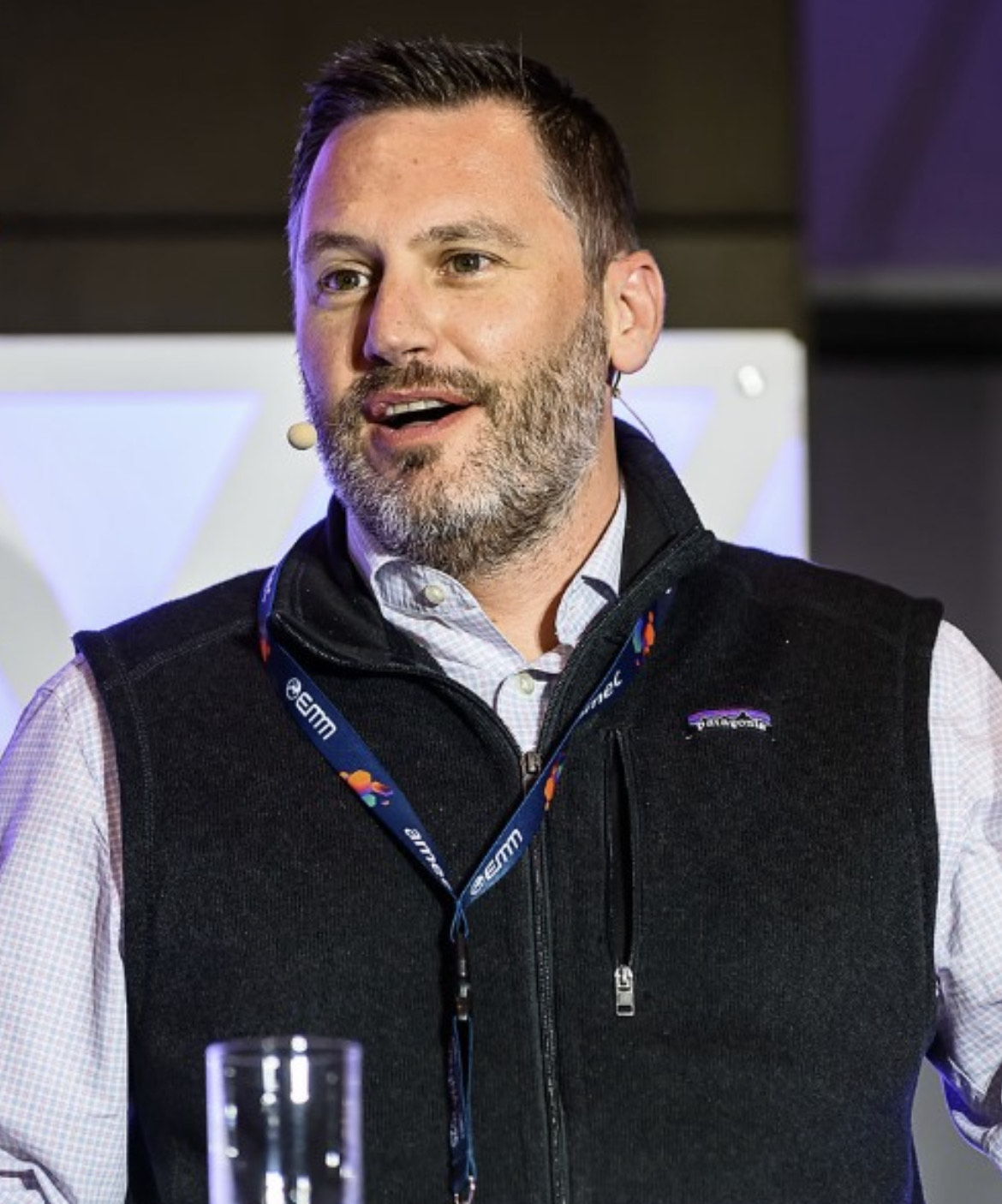In this latest of episode of the Data Malarkey podcast, Master Data Storyteller, Sam Knowles, speaks with Darryl Sparey, co-founder and MD of Hard Numbers, a consultancy that takes a refreshing approach to marketing communications: putting robust measurement at the heart of everything it does.
Darryl launched Hard Numbers during the early months of the pandemic, a time when many businesses were retrenching rather than starting up. Far from being a liability, this timing proved to be an advantage. The crisis elevated the role of communications, while marketing budgets previously earmarked for events or outdoor advertising flowed into PR. “It got us match-fit,” says Darryl. “Challenging times force focus.”
Why has PR struggled with numbers?
Despite decades of debate, the PR industry has long been notorious for its weak approach to measurement. Why? “Most PR people are words people, not numbers people,” Darryl explains. “There’s a tendency to say, ‘I’m not a numbers person’ and that becomes a self-fulfilling prophecy.” He believes this mindset has held the industry back and argues that numeracy is as vital a skill as creativity.
From SEO to PR and beyond
Darryl’s focus on accountability sharpened when he observed the role of SEO. Brand search, he argues, is a powerful proxy for brand awareness: “We’re more honest with Google than with anyone else.” PR teams should see themselves as custodians of brand search and embrace a commercial mindset, rather than settling for reporting reach and impressions. In his view, those metrics alone rarely show true business impact.
A different operating model
Hard Numbers has built its business on the customer relationships management platform, HubSpot, giving the agency a single, searchable record of all interactions with journalists, clients, and – where relevant – prospects, too. This database enables predictive planning and smarter decision-making. “We know which journalists we’ve pitched, how often, and what worked,” Darryl explains. “It removes guesswork and makes commitments to KPIs credible.”
The agency has also outlawed time sheets, choosing instead to guarantee outcomes. “If we don’t hit our KPIs, we work at our cost until we do,” says Darryl. So far, more than 100 clients later, no one has invoked the clause.
AI: PR’s friend or foe?
For Darryl, AI is both the biggest opportunity and the greatest threat facing PR. It can make sense of vast datasets in seconds and automate repetitive “grunt work”, freeing humans for higher-value “front work”, including strategy and client relationships. But it also challenges time-based pricing models. Agencies that fail to adapt risk irrelevance.
One emerging area is Generative Engine Optimisation (GEO), ensuring brands appear prominently in responses from AI-driven tools. “PR missed the SEO boat. We can’t afford to miss this one,” warns Darryl.
The takeaway
Darryl’s message is clear: PR must stop treating measurement as an afterthought. It should start with objectives, focus on outcomes, and embrace tools and practices that tie communications to business results. In a world where data is everywhere, hard numbers – not wishy-washy vanity metrics – are what build trust and demonstrate value.
—
The first draft of this blog was written by ChatGPT


